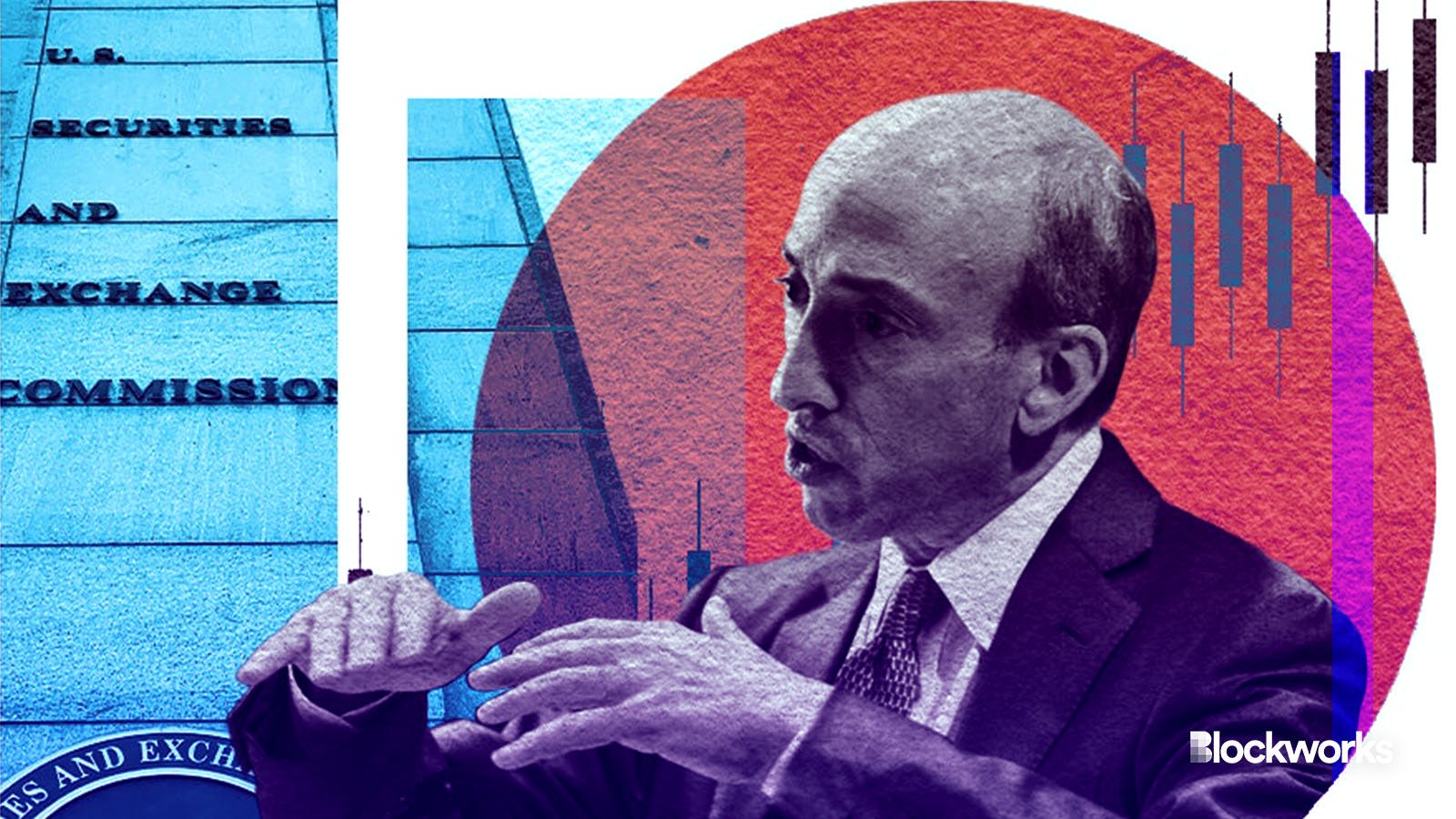SEC denies petition to change ‘gag order’ rule after 5 years
The so-called “gag-order” rule prevents those who settle with the regulator from claiming innocence or questioning the validity of the SEC’s allegations

Artwork by Crystal Le
The US Securities and Exchange Commission will not be changing its long-established rule that prohibits defendants from publicly claiming innocence after penning settlement agreements with the regulator.
The SEC on Tuesday denied a petition to amend the so-called “gag-order” rule filed by the nonprofit New Civil Liberties Alliance (NCLA) more than five years ago. Under the policy, which was adopted in 1972, defendants who settle are barred from ever claiming innocence or “creating the impression that the complaint is without factual basis.”
The NCLA asked the SEC to change the rule in 2018, claiming that prohibiting US citizens from criticizing their cases post-settlement was “unconstitutional” and “without legal authority.” When the SEC did not respond, the NCLA renewed its petition in December 2023.
Read more: SEC’s Hester Peirce doesn’t know what her agency is trying to accomplish
In its denial to amend the rule, the SEC stated that when negotiating and consenting to settlements, it’s essential that there is no assumption that the party has agreed to settle and accept sanctions in cases where the alleged violations never actually occurred. Generally, defendants are not allowed to admit nor deny the allegations as part of the settlement agreement.
“This policy has become known as the ‘no admit/no deny policy,’” Commissioners wrote in their Tuesday denial. “In most settlements, the Commission does not require admissions. But the Commission also will not agree to a settlement — it will not forgo its opportunity to present evidence and prove its claims in federal court — unless the defendant agrees not to publicly deny the allegations in the complaint.”
In response to the denial, the NCLA said the gag-order policy is just a way to ensure that the regulator gets the last word when it announces settlements via press releases.
“SEC well knows that such press releases are also occupational death sentences that often preclude future private employment, even outside the securities industry,” the NCLA wrote Tuesday.
The denial comes as the SEC ramps up its enforcement actions against crypto firms, many of which result in settlement agreements over court cases, which can be lengthy and costly.
Cryptocurrency exchange Kraken settled charges with the securities regulator almost a year ago, agreeing to neither admit nor deny guilt in the process. In September, NFT project Stoner Cats 2 opted to forgo a court case and settle with the regulator, also agreeing to not claim innocence.
In a dissenting opinion released Tuesday, SEC Commissioner Hester Peirce said the policy threatens Americans’ right to freedom of speech.
Read more: SEC’s Peirce: The US government needs to remember who it represents
“Our prohibition on denials prevents the American public from ever hearing criticisms that might otherwise be lodged against the government, let alone assessing their credibility,” Peirce wrote. “The policy of denying defendants the right to criticize publicly a settlement after it is signed is unnecessary, undermines regulatory integrity and raises First Amendment concerns.”
The NCLA said Tuesday it “looks forward” to continued advocacy against the gag order policy in federal court.
Get the news in your inbox. Explore Blockworks newsletters:
- The Breakdown: Decoding crypto and the markets. Daily.
- 0xResearch: Alpha in your inbox. Think like an analyst.






